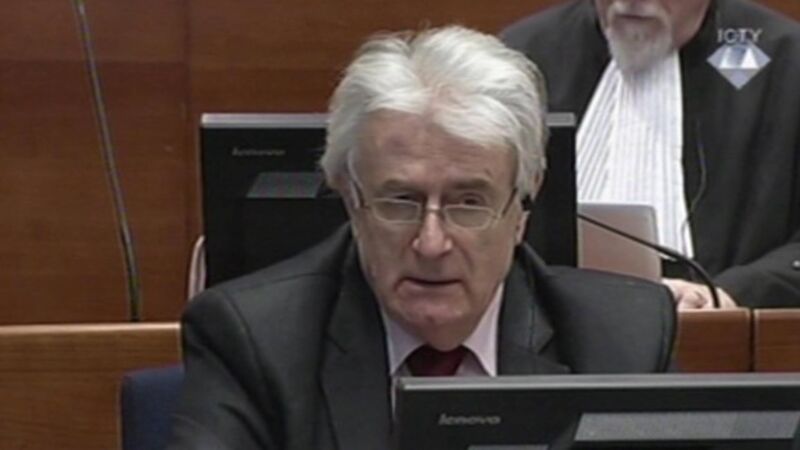Radovan Karadzic jailed for 40 years for genocide

The court found Karadzic guilty of genocide in the 1995 Srebrenica massacre in which 8,000 Muslim men and boys were slaughtered in Europe’s worst mass murder since the Holocaust.
Presiding Judge O-Gon Kwon said Karadzic was the only person in the Bosnian Serb leadership with the power to halt the genocide, but instead gave an order for prisoners to be transported from one location to another to be killed.











